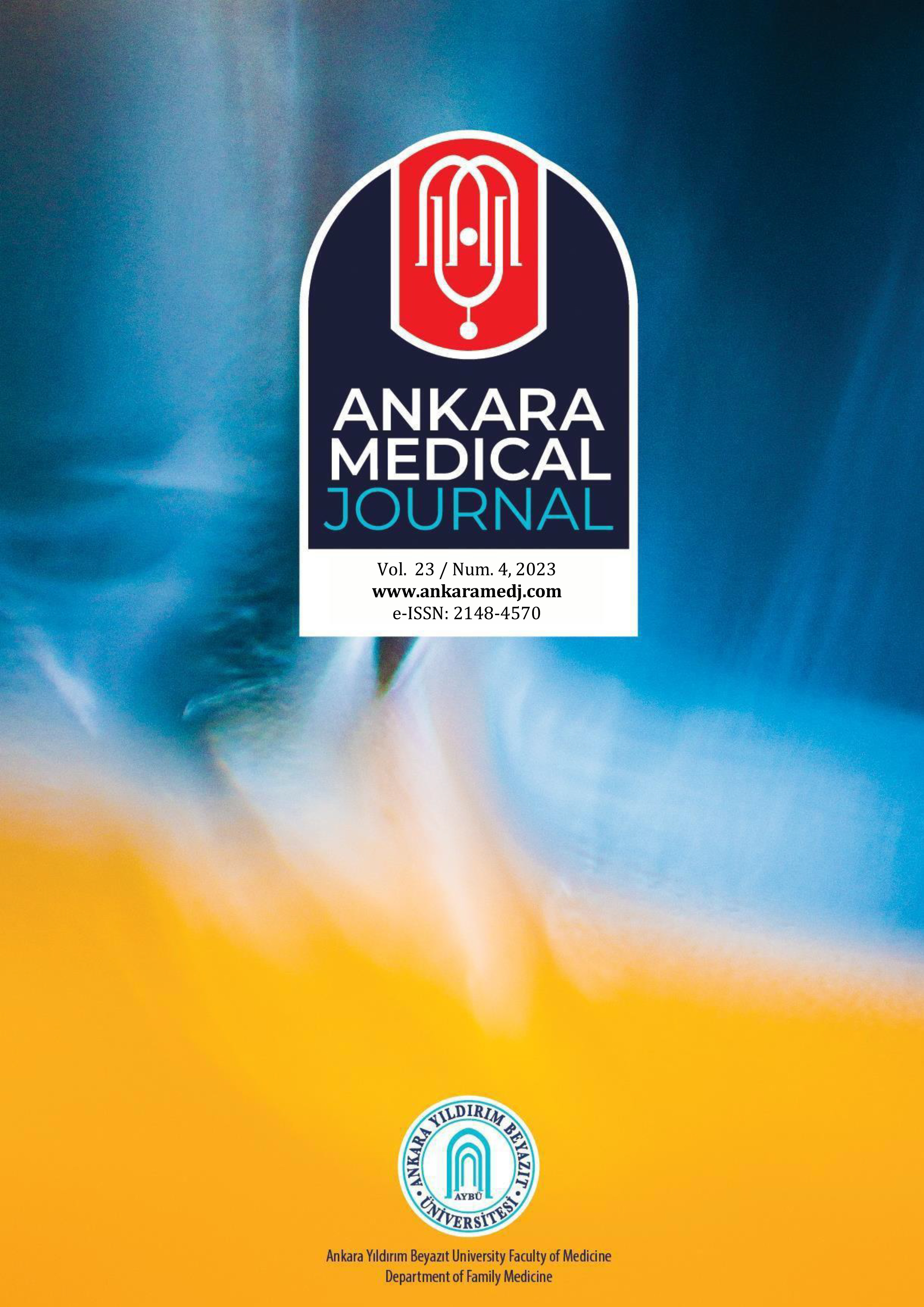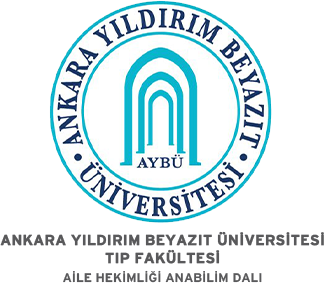Comparison of health-related quality of life between dialysis patients and kidney recipients
Marzieh Latifi1, Elahe Pourhossein2, Habib Rahban3, Azadeh Sadatnaseri4, Maryam Rahbar5, Sanaz Dehghani61Medical ethics and law research center, Shahid Beheshti University of Medical Sciences, (SBMU), Tehran, Iran2Organ Procurement Unit, Sina Hospital, Tehran University of Medical Sciences (TUMS), Tehran, Iran.
3Cardiovascular Research Foundation of Southern California, Beverly Hills, CA, USA & Creighton University School of Medicine, St. Joseph Hospital and Medical Center, Department of Cardiovascular Disease, Phoenix, Arizona
4Fellowship of interventional echocardiography, Department of Cardiology, Sina University Hospital, Tehran University of Medical science, (TUMS), Tehran, Iran
5Associate professor of nephrology, Sina Hospital, Tehran University of Medical Sciences (TUMS); Tehran, Iran.
6Organ Procurement Unit, Sina Hospital, Tehran University of Medical Sciences (TUMS), Tehran, Iran & Iranian Tissue Bank & Research Center, Tehran University of Medical Sciences, (TUMS), Tehran, Iran
INTRODUCTION: Health-related quality of life (HRQOL) assessment is important for patients with end-stage kidney disease. This study aimed to determine the contribution of demographic factors to HRQOL in affected kidney recipients and dialysis patients on the waiting list for kidney transplantation in Iran.
METHODS: This was a comparative survey. We required 196 patients in the Sina Organ Procurement Unit. HRQOL of 100 kidney recipients was measured using Study Short-Form 36 and compared with 96 dialysis patients. The factors investigated were age, gender, and cause of kidney failure; data were evaluated using SPSS 16.0 software.
RESULTS: The scores of both groups were ordered from high to low in the following three dimensions: physical functioning, emotional well-being, and vitality. The mean physical component scores in kidney recipients and dialysis patients were 14.44±4.32 and 5.91±4.60, respectively. The mean mental component summary scores in kidney recipients and dialysis patients were 5.91 ± 4.60 and 5.12 ± 2.11, respectively. There were significant differences in all domains of HRQOL except role limitations due to emotional problems and emotional well-being in both groups (t = 0.963, P = 0.420). Age made the largest unique contribution (β = 0.211) to the physical component, while marital status was the greatest contributing factor to the mental component.
DISCUSSION AND CONCLUSION: HRQOL improved after successful kidney transplantation compared to dialysis patients, despite kidney transplant patients suffering the effect of using immunosuppressive medicine and being subject to infectious complications and tumors. This study shows that we have reached the primary goal of transplantation, which is to improve the HRQOL of kidney recipients.
Makale Dili: İngilizce
(583 kere indirildi)





